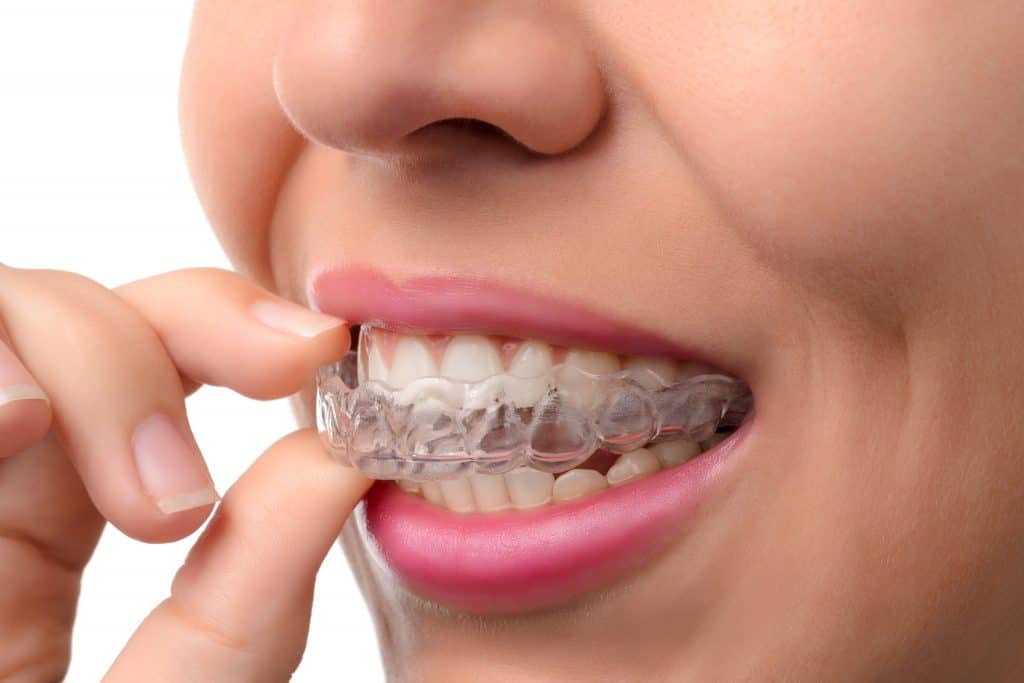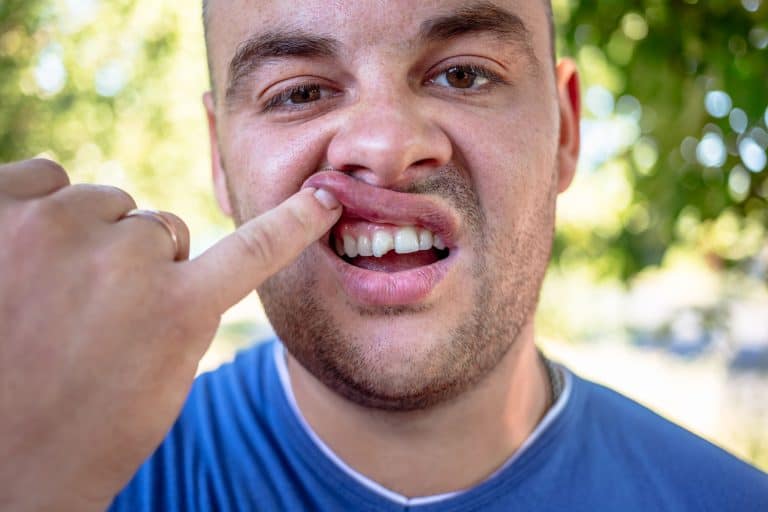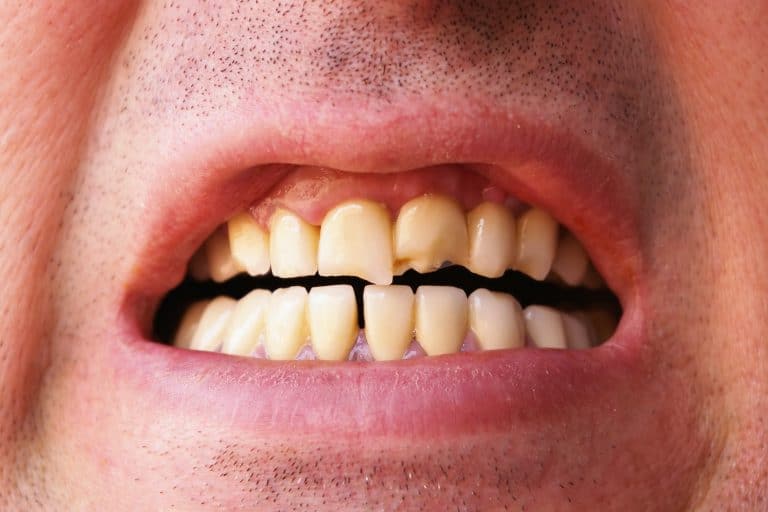Dentistry has promoted and pushed Invisalign like no other form of treatment, and the benefits of it are there for all to see. Invisalign is a new form of cosmetic treatment that helps straighten teeth. Invisalign is designed to work like traditional braces, with some differences, although the end result for both is to straighten your teeth and correct underbite and overbite.
Every form of treatment sounds perfect with its individual and unique benefits, however, it is important to address whether there are any complications with Invisalign. Addressing any complications with Invisalign is important so that patients who are seeking to straighten their teeth have all of the knowledge they need to make an informed decision and the best form of treatment that suits them.

One of the questions regularly raised by those who are seeking to straighten their teeth is whether there are any complications with Invisalign. It is important to note that there can be some risks. Of course, they are minor when comparing to what good they can do for you, but it is important to address them to make an informed decision.
Tenderness and Discomfort
Tenderness and discomfort are natural for those who are using Invisalign for the first time. The discomfort will last a few days whilst your mouth gets used to the aligners. Once this subsides, you should begin to feel more comfortable through the rest of the treatment.
Dislodged Fillings
If you’re wearing Invisalign braces, but you have fillings in the centre of a tooth, there is a chance that the filling can get dislodged. When biting down on the aligners, there is a chance of the filling becoming loose, so it is important that you factor in this complication when wearing the aligners. You will likely need to get your filling replaced.
Damaged Nerves
Invisalign treatment isn’t always the right choice if you’ve had a tooth removed or a previous injury to your teeth. Although, if the dentist performs an examination of the previously affected area and determines that your mouth is fit enough for Invisalign, your dentist will make you aware that the nerves are at risk of becoming damaged. The dentist may request you to return for restorative treatment or a root canal to correct the issue first. Check this article about the signs of tooth nerve damage.
Temporomandibular Joints (TMJ)
Pain in the jaw joints and headaches are symptoms of TMJ disorder. The disorder will cause your jaw to feel stiff and stuck, making it difficult to open your mouth when speaking and eating. Traditional braces usually come with this. Therefore, if you experience jaw pain, it is important that you consult the dentist before wearing Invisalign to make the right decision.

So, Is Invisalign Worth It?
These complications are few and far between, but there is a chance of them occurring with Invisalign braces. The dentist will always seek to determine the state of your oral health before wearing Invisalign to determine if complications with Invisalign are likely to occur. Although, it is also important to be aware that these complications could occur at any time. This shouldn’t necessarily put you off Invisalign treatment, as the benefits outweigh these complications. Consult your dentist for further information.
Are you considering Invisalign treatment to straighten your teeth? Are you in two minds whether to choose Invisalign or traditional braces? Ashfield Family Dental are more than ready to welcome you to deliver the straight smile you’ve always wanted. Check-in with us today!




